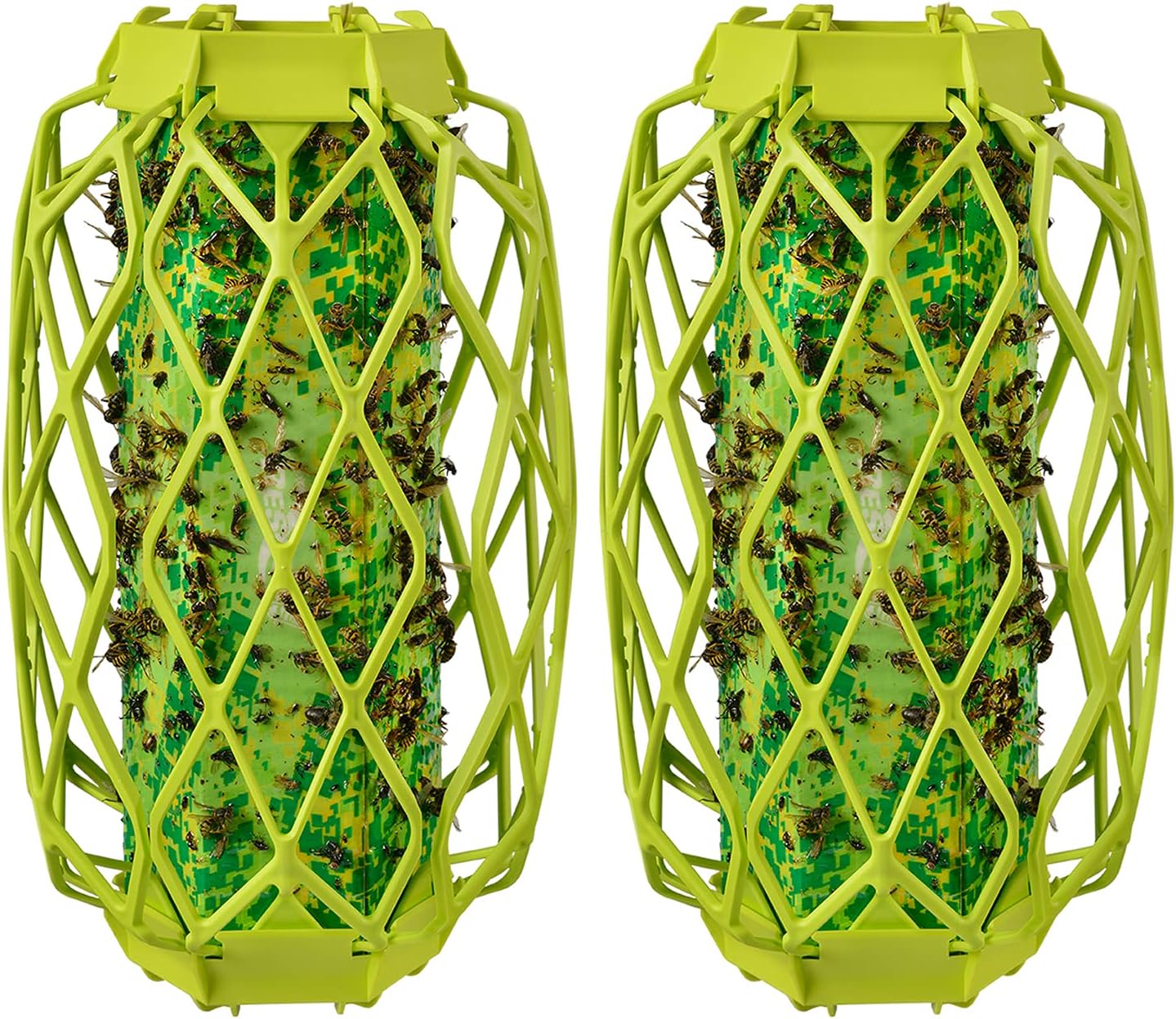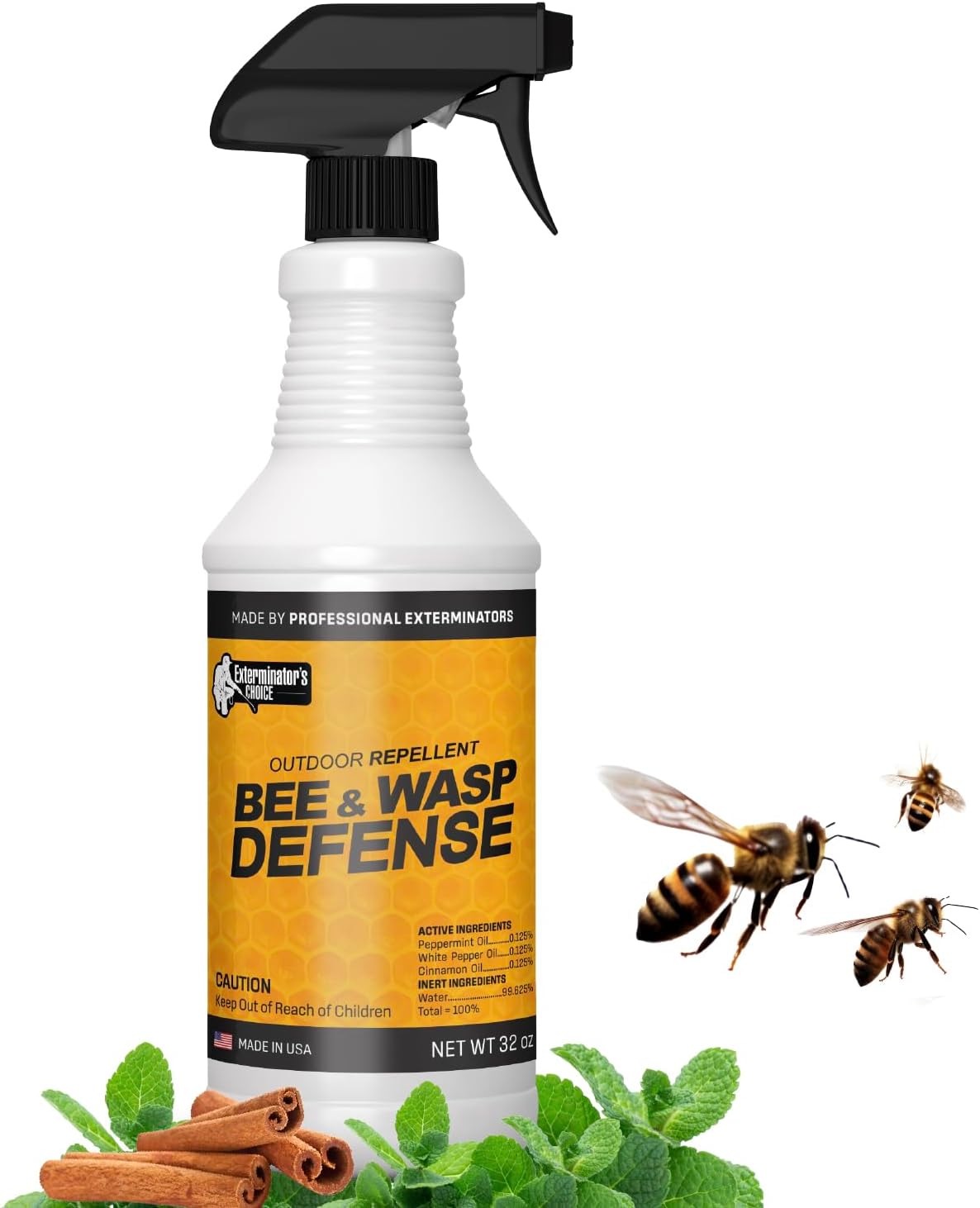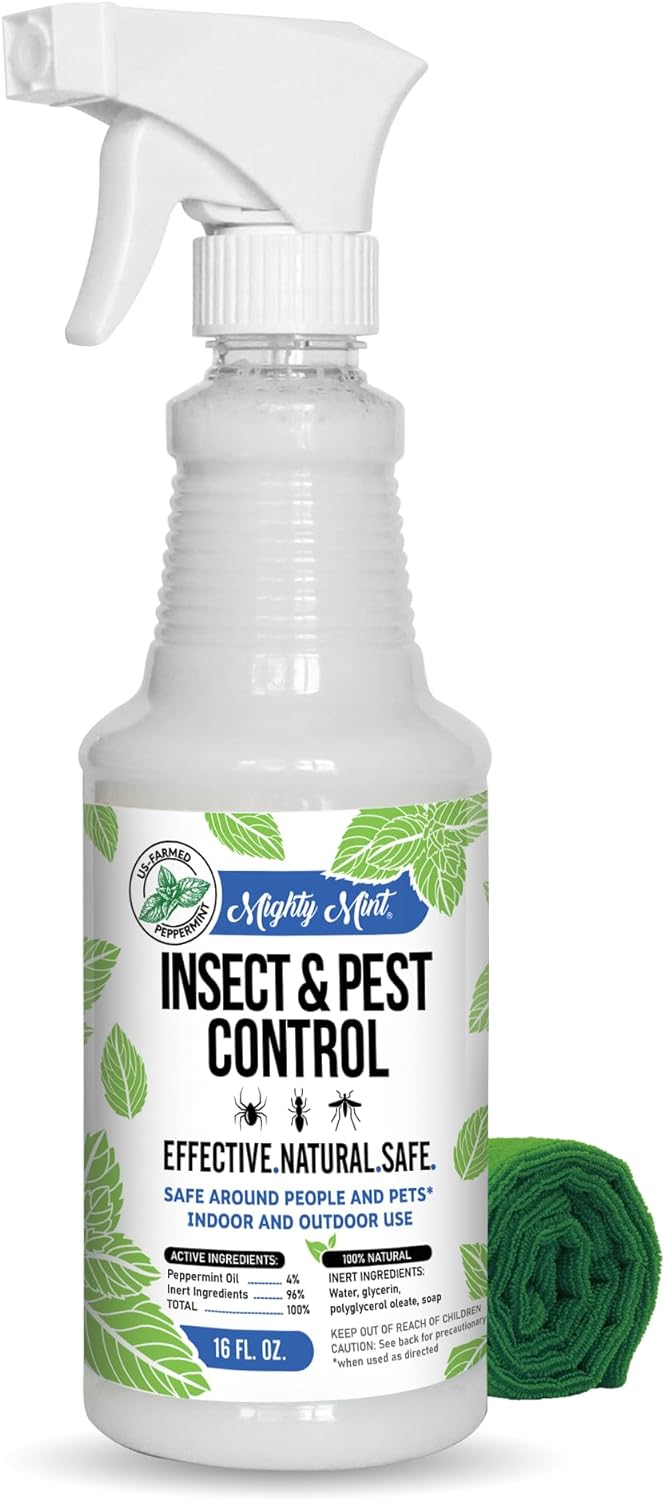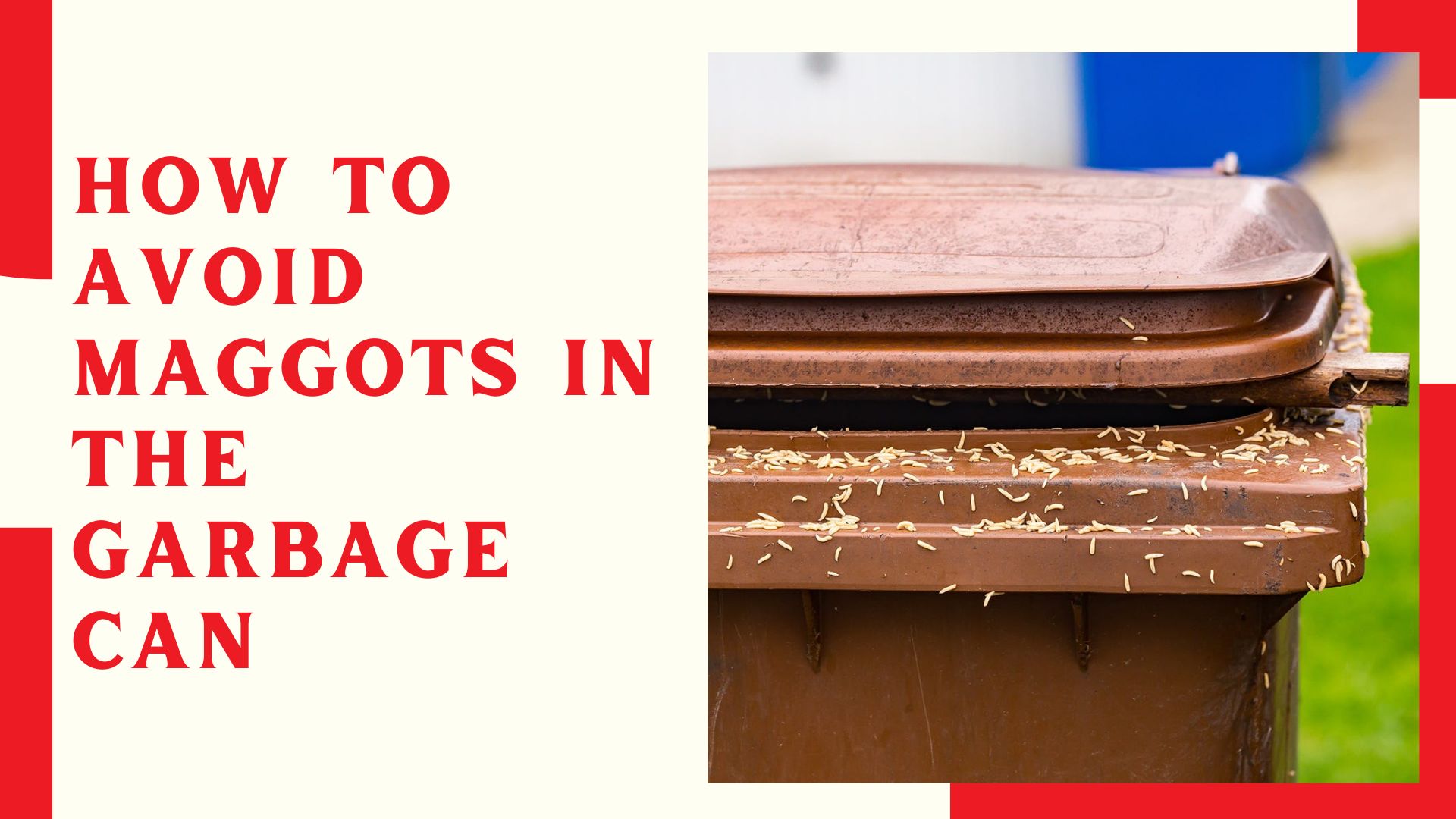Bees are important for our ecosystem, in addition to producing honey, bees are responsible for the pollination of many of the world's food crops. The pollination process is essential to the growth and reproduction of plants, providing food for the animals that depend on them. However, it can be challenging to coexist peacefully when they intrude upon our living spaces. Traditional methods of bee removal often involve harmful chemicals or extermination, but there are alternative approaches that allow us to deter bees without causing harm. In this article, trendwizz.com will explore how to make bees disappear without killing them, focusing on humane and eco-friendly methods.
Related Products You Might Like

RESCUE TrapStik

Bee and Wasp Defense

Insect & Pest Spray
"(Paid Links)" 
Identify the Source:
Before attempting to deter bees, it's essential to identify the source of their attraction. Bees are often drawn to food sources such as sugary substances, floral scents, or standing water. Inspect your surroundings to locate any potential attractants and take steps to minimize them.
Seal Entry Points:
Check your house for small cracks and gaps, as bees can enter through them. Use mesh screens or caulk to seal any openings and prevent bees from getting inside. This can improve energy efficiency, reduce the risk of other pests entering your home, and keep bees out.
Use Natural Repellents:
Several natural substances can deter bees without harming them. Peppermint oil, vinegar, and cinnamon are all known to repel bees due to their strong scents. Mix these ingredients with water and spray them around areas where bees are present to create a barrier that discourages them from lingering.

Plant Bee-Repellent Plants:
Certain plants emit scents that bees find unpleasant, effectively keeping them at bay. Plants such as eucalyptus, citronella, and marigolds you can strategically plant around your home or garden to deter bees from frequenting the area. Additionally, these plants can enhance the aesthetic appeal of your outdoor space.
Provide Alternative Water Sources:
Bees need to have access to water for their survival, and they tend to be attracted to sources of moisture, particularly during hot weather. To avoid attracting bees with open containers of water, offer alternative water sources such as bird baths or shallow dishes filled with rocks or marbles. This will enable bees to satisfy their thirst without causing any disturbance.
Create Physical Barriers:
If bees are particularly persistent in certain areas of your property, consider creating physical barriers to deter them. Additionally, placing decoy hives or bee traps away from high-traffic areas can divert bees' attention elsewhere.
Seek Professional Assistance:
If you cannot resolve a bee infestation using DIY methods or if you are dealing with aggressive bee species such as Africanized bees, it is best to seek professional assistance. Many pest control companies offer humane bee removal services that safely relocate bees without harming them.
Conclusion
it is possible to deter bees from your living space without resorting to harmful chemicals or extermination methods. By identifying attractants, sealing entry points, using natural repellents, and providing alternative resources, you can encourage bees to find their sustenance elsewhere while preserving their crucial role in the ecosystem. A gentle pest control approach can help coexist harmoniously with these essential pollinators.



